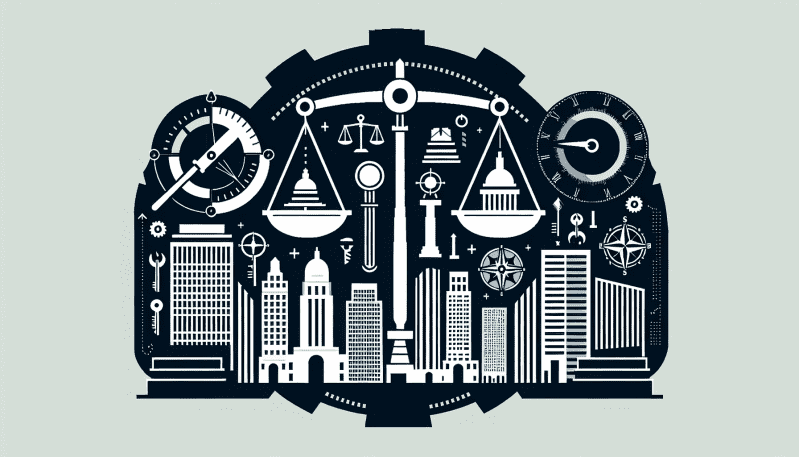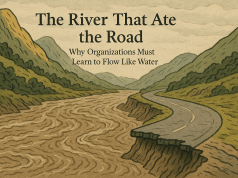In the dynamic tapestry of political landscapes, government employees often stand on the precarious frontlines of change. As administrations come and go, each wave of new policy agendas and leadership can either be a harbinger of promise or a herald of uncertainty for those whose careers are rooted in the public sector. Navigating the whims of political shifts is an art that requires resilience, adaptability, and an unwavering dedication to the services that form the backbone of society.
Historically, changes in political power have led to shifts in priorities and initiatives within the government. For example, the introduction of the New Deal by Franklin D. Roosevelt in the 1930s fundamentally altered the role of government in American life, creating myriad new programs and job opportunities within the public sector. Conversely, the Reagan era’s emphasis on ‘small government’ in the 1980s saw a contraction of the public workforce and a reorientation of federal responsibilities.
Government careers, inherently linked to the political tide, face a landscape of potential job insecurity and project disruption. Civil servants often find themselves having to recalibrate their professional objectives with each political turnover. The challenge here isn’t just the potential of a job loss but also the adaptation to new policies and working methodologies that can be diametrically opposed to those they’ve previously implemented.
Amidst these variables, however, remains a constant: the essential role that civil servants play in maintaining stability. These individuals are the cogs in the machinery of government that keep the day-to-day operations functioning and ensure the continuity of critical services, regardless of who holds office. Their commitment to the public good is a beacon of consistency in the fluid arena of political partisanship.
So, how can government workers best adapt and thrive in this environment? The key lies in developing a set of skills that are transferable across a spectrum of potential scenarios. This might include a commitment to lifelong learning, staying abreast of policy developments, and cultivating a network of professional contacts that spans the aisles of political affiliations. Additionally, government employees can benefit from fostering a mindset of flexibility, being open to new roles or responsibilities that may unfold as the political landscape evolves.
A proactive approach to career development is also crucial. Workers in the public sector should engage in strategic planning for their careers, considering how different outcomes in the political arena could impact their trajectory. This could involve seeking out roles that are likely to remain critical or investing in areas of expertise that are politically agnostic.
As digital and remote work opportunities burgeon, the public sector isn’t immune to these advances. Government employees, especially in the era of global pandemics and climate challenges, are experiencing a shift towards telework and virtual collaboration. This transition not only requires a new set of digital skills but also presents an opportunity to re-envision what government work looks like, potentially making it less vulnerable to the whims of political changes.
Ultimately, those who choose a path in government service must navigate their careers with both an awareness of the political forces at play and a commitment to the foundational principles of public service. By doing so, they not only ensure their own professional resilience but also contribute to the broader stability and efficacy of government operations in the face of ever-changing political tides.




























